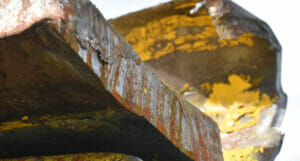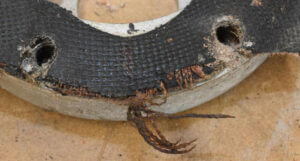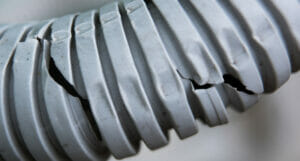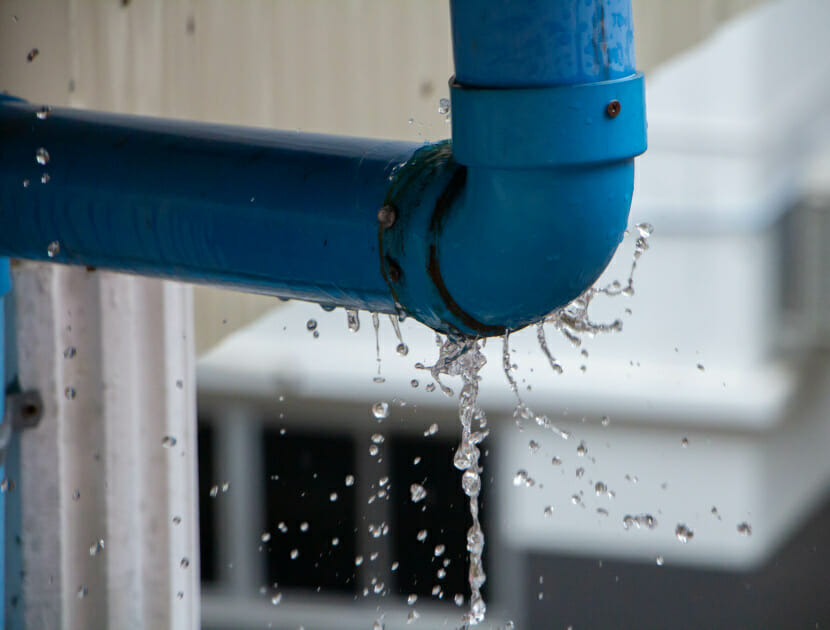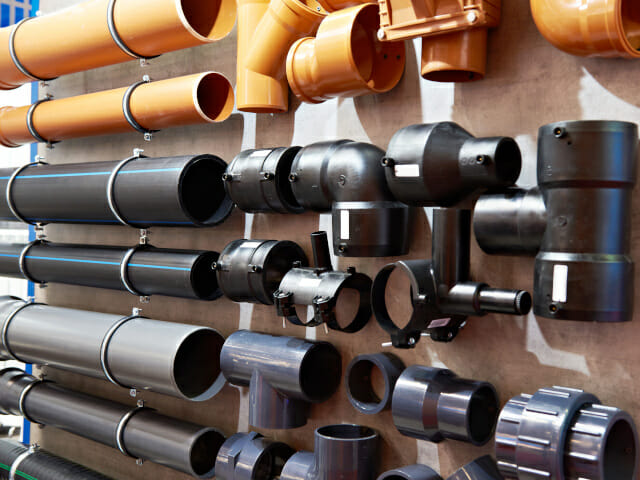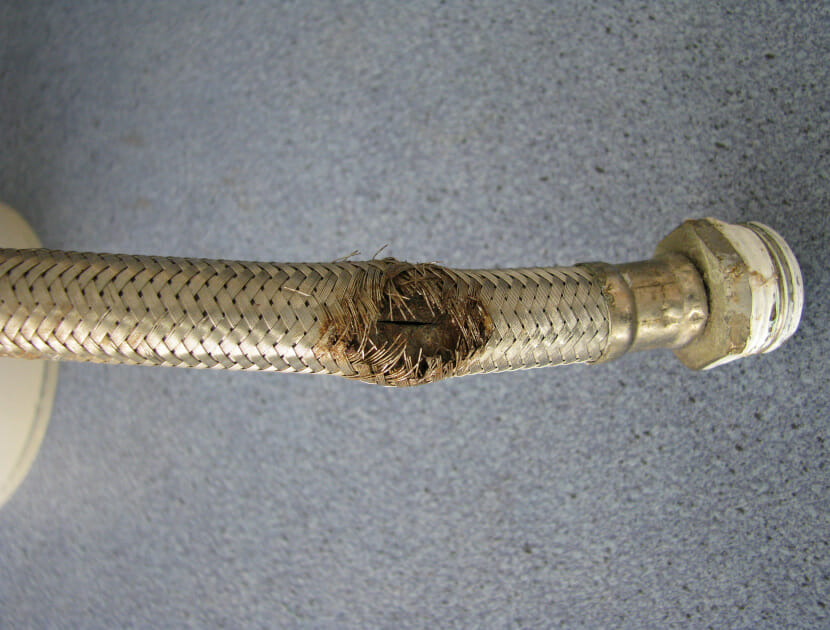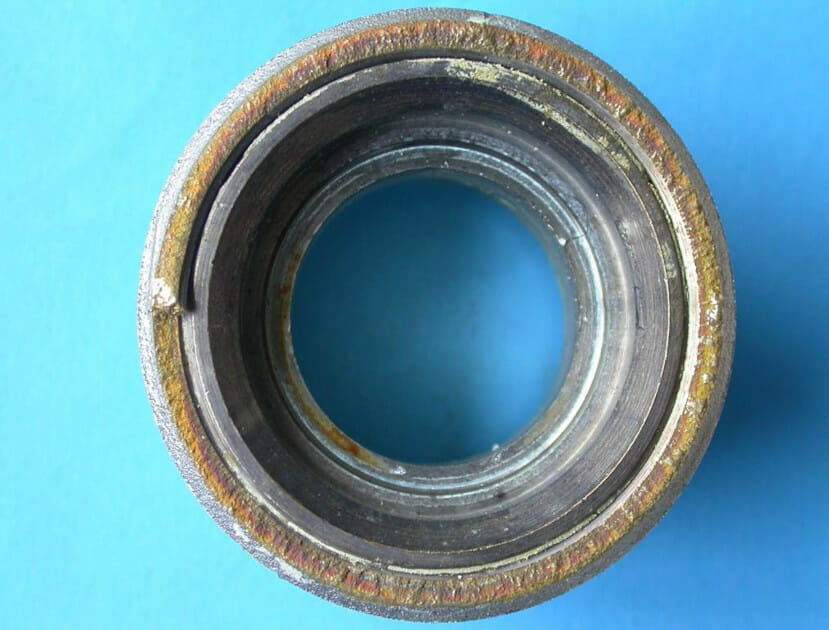Electronic Materials
Electronic components form the backbone of modern technology, relying on an array of materials like polymers, metals, and ceramics to ensure their seamless functionality. However, any issues within these materials can precipitate component failure, thereby triggering potential hazards such as fires, power surges, or related damages.
At Hawkins, we recognise the pivotal role played by electronic materials in ensuring the reliability and safety of technological systems. Our experts understand that a comprehensive assessment is imperative, transcending the mere identification of damaged materials to delve into the holistic functionality of the component itself.
WHY APPOINT A FORENSIC INVESTIGATOR?
We have the technical knowledge and experience to tell you why an electronic materials failure occurred, not just what caused it.
- We have an in-depth knowledge of the regulations, guidance and best practices that should be followed during manufacture, assembly and/or installation of electronic materials.
- We review working practices and installations to identify areas at high risk of a fault.
- We offer guidance and/or help you define and develop good working procedures and practices to reduce the risk of incidents occurring.
- We provide you with the answers you need to determine why an incident occurred and so assist in repudiation/cover decisions and fraud identification.
- Our experts are knowledgeable in a wide range of areas and can investigate all aspects of an electronic materials failure, meaning that you can instruct one expert, rather than several.
- We have laboratories and equipment designed specifically to investigate materials failures, with powerful, state-of-the-art stereomicroscopes.
- We will help you to determine if an incident could have been avoided.
- We support subrogation/recovery efforts.
- We help you to make decisions regarding where legal responsibilities/liabilities lie.
- We help you to defend wrongful claims.
- We produce reports suitable for Court and litigation.
- We provide consultancy advice to prevent similar events happening again in the future.
- If removing a risk entirely is unavoidable, we advise on steps to take to mitigate the risk and reduce the potential damage resulting from an incident.
- We advise on servicing, maintenance and repair regimes.
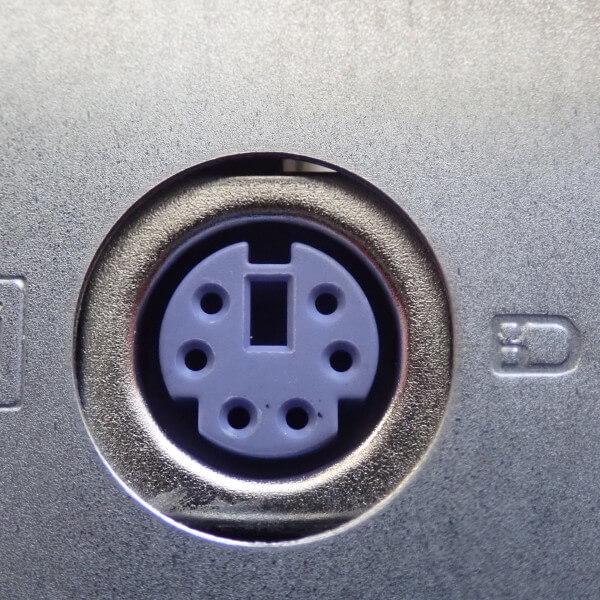
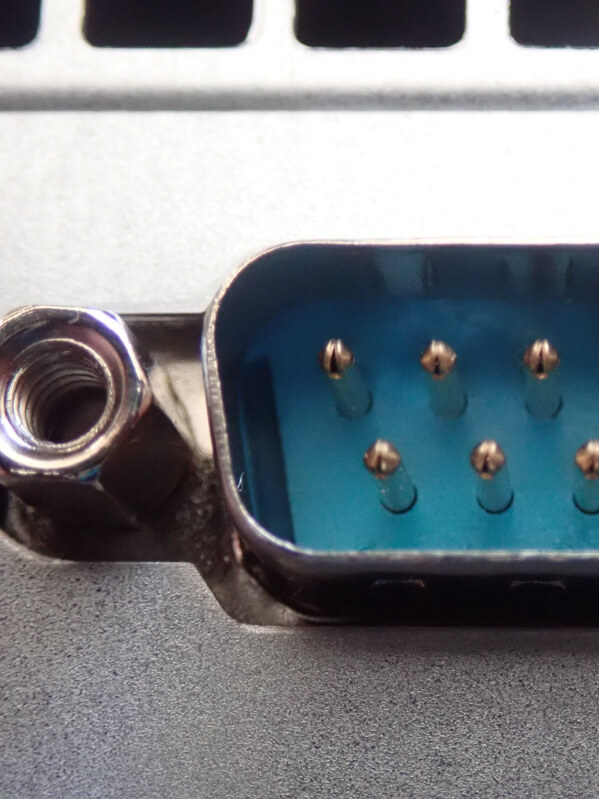

Examples of Typical cases
- Materials involved in fires
- Degradation of polymers used to support electronic components
- Investigation of electronic solders
- Examination of cables either involved in fires or escapes of water
- Forensic examination of ‘exploding batteries’ and items such as vape sticks
Our services are flexible and can be tailored to your needs, depending on the scale and urgency of the investigation. Our services range from a free consultation through to a full investigation including a court-compliant report for the support of legal action.
If you would like to discuss how we can assist you please fill out our enquiry form or call us for a free consultation.
HOW DOES HAWKINS INVESTIGATE ELECTRONIC MATERIALS FAILURES?
1
Consultation
We like to speak to our clients before conducting any work so that we can understand and plan how we can add the most value to any case. We will discuss your requirements, determine what information is already available and who the best people are to contact to fully understand the background of the case. We are also happy to provide you with a cost estimate and time scale to conduct a forensic investigation.
2
Inspection
If required and with your agreement, we will arrange to visit the scene to inspect the damage. Wherever possible, we will retain faulty parts for examination in our laboratory, where we use a range of equipment, tools, and tests to determine the cause of the failure. This could include microscope examinations, recreating an installation in a controlled environment, or testing exemplar components or materials.
3
Conclusion
SPEAK TO ONE OF OUR EXPERTS
Testimonial
“Thank you for your superb effort in this case.”
Rhys Phillips
“Many thanks for turning out today at such short notice and providing the benefit of your expertise and knowledge. It was evident the Client was extremely relieved that this matter was being investigated expeditiously.”
Chaz Winterton
“I just wanted to say thank you for all your help and the information you found was of real insight. Thank you again for all your help.”
Stewart Hargreaves
“I just wanted to say thank you for all of your hard work preparing the Hawkins report. Please pass on my thanks to the rest of the team. We really appreciate the hours you have all put in and I know the client is pleased with your work.”
Philippa Jones
“I have recently needed structural engineering opinion on one matter and geotechnical engineering opinion on another. I experienced the usual difficulties with traditional providers of those services – excessive cost, inability to get on site quickly etc etc. When turning to Hawkins the contrast was clear – economical pricing, fantastic turnaround times, and really helpful reports that focussed on my needs without me needing to spend ages spelling it all out.”
Hawkins client
Related areas of expertise
Metallurgy
Losses involving metallurgical failures occur in a wide range of industrial and domestic environments and can lead to high value claims or even loss of life.
Composites
A composite material is any multicomponent material that contains two or more distinct constituents or phases, i.e. it is made from a combination of two or more different types of constituent material. Perhaps the most familiar examples in modern engineering are glass or carbon fibre reinforced plastic (GFRP or CFRP).
Plastics/Polymers
Polymers, or plastics as they are more commonly known, are used in all aspects of modern-day life: from pipework to paint coatings, textile fibres to automotive components and adhesives to hot water bottles. Plastics are imbedded into our way of life, and failure of these materials can lead to personal injury, escapes of water, loss of earnings, to name just a few outcomes.
Glass & Ceramics
Hawkins can determine the cause of failure of ceramic and glass products which can often lead to personal injury, structural damage, loss of earnings.


